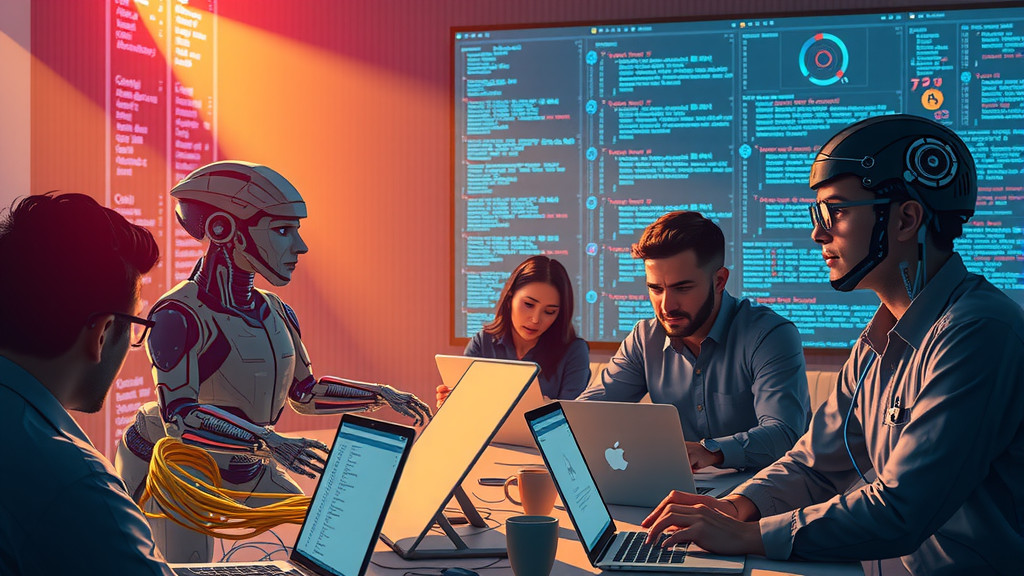The integration of artificial intelligence (AI) into various sectors is accelerating at an unprecedented pace, reshaping industries from software development to consumer decision-making. This report delves into the latest advancements and their profound implications, highlighting how AI is not only transforming the way we work but also influencing our daily lives.
AI in Software Development: A Paradigm Shift at Google
Google's recent revelation that over 25% of its new code is now generated by AI systems underscores a significant shift in the tech industry. This development, driven by internal tools like Goose, leverages Google's extensive engineering knowledge to enhance productivity and efficiency. The widespread adoption of AI coding tools among developers suggests a future where human oversight is crucial, but the bulk of routine coding tasks may be automated. This trend raises questions about the future roles of software engineers, who will increasingly focus on managing AI-generated code and integrating it with complex systems.
Generative AI in Daily Life: Decision-Making and Personalization
A personal experiment by a New York Times journalist, where generative AI took over daily decision-making for a week, revealed both the potential and limitations of AI in personal life. AI tools offered efficiency and relief from decision paralysis but also highlighted the risk of homogenization, as AI systems tend to steer users towards common, statistically average choices. The experiment underscored the importance of human oversight and the need for AI to adapt to individual preferences and nuances, rather than imposing a one-size-fits-all approach.
AI in Mapping and Navigation: Enhancing User Experience
Google's integration of AI, specifically its Gemini chatbot, into its mapping applications signifies a broader strategy to infuse AI into user experiences. The new features, such as better processing of open-ended search queries and AI-generated summaries, aim to provide more tailored and context-aware results. This move not only enhances user satisfaction but also positions Google to compete more effectively with emerging AI-powered search tools from rivals like OpenAI.
Regulatory Challenges: AI in Workplace Monitoring
The Consumer Financial Protection Bureau's (CFPB) new guidance on AI and worker monitoring underscores the growing regulatory attention on AI's impact in the workplace. Employers using AI tools for tracking and making employment decisions must now comply with Fair Credit Reporting Act (FCRA) requirements. This development highlights the need for transparency, consent, and accuracy in AI-driven workplace assessments, reflecting a broader trend of regulatory scrutiny as AI becomes more pervasive in employment practices.
Key Takeaways
- AI is significantly transforming software development, with tools like Google's Goose generating a quarter of new code.
- Personal AI tools offer efficiency but risk flattening individual preferences and choices.
- Google's AI integration into mapping applications enhances user experience and competitiveness.
- Regulatory frameworks are evolving to address the use of AI in workplace monitoring and decision-making.
